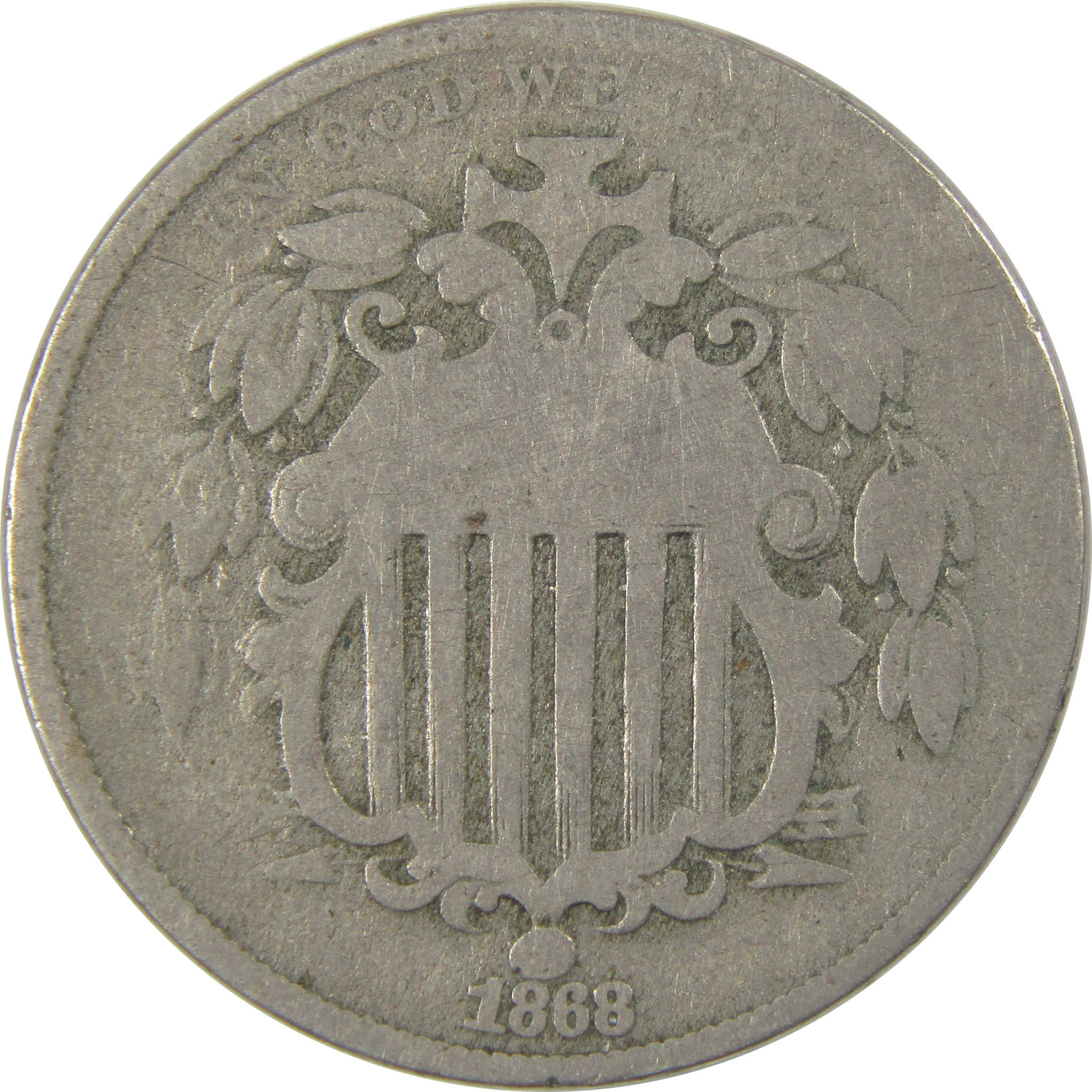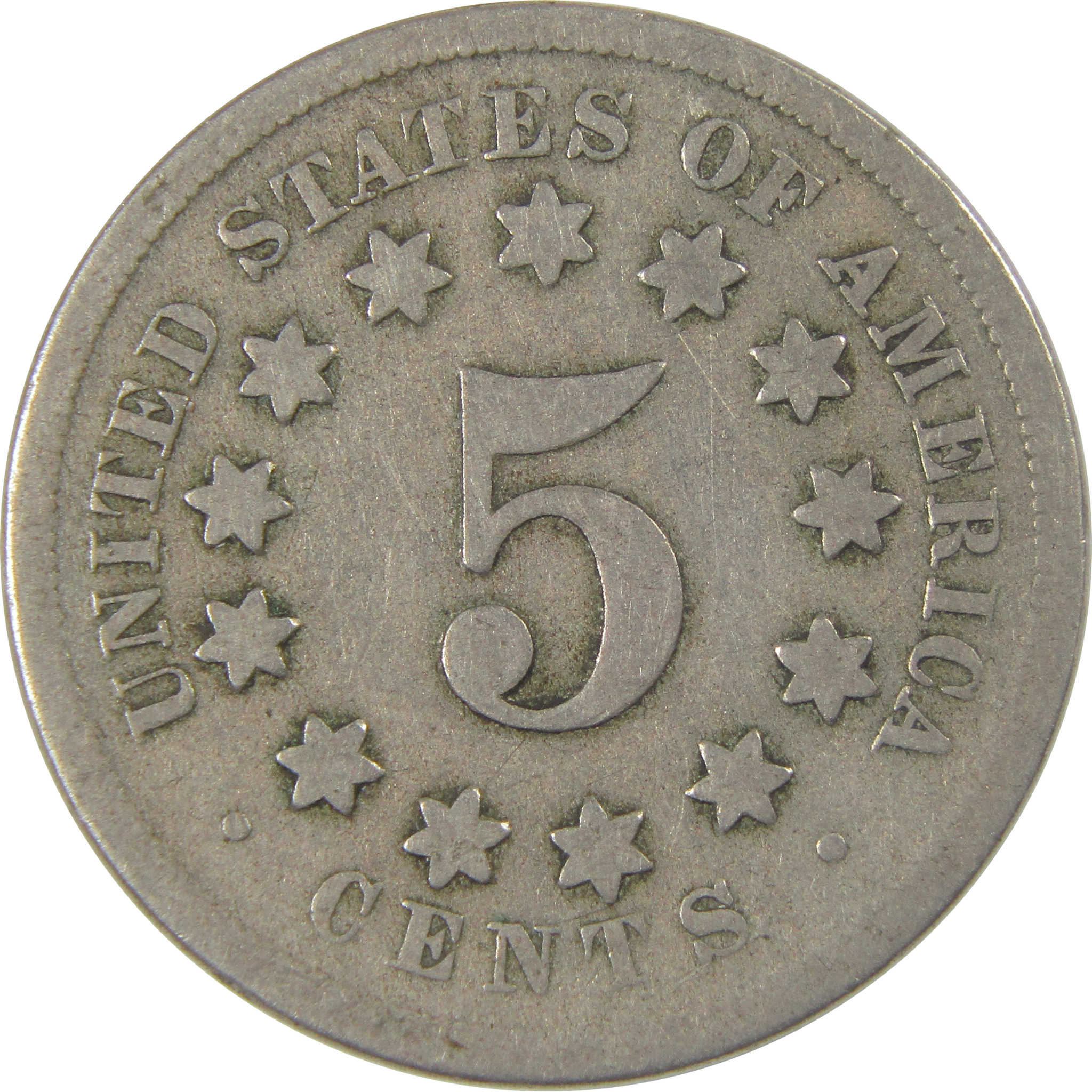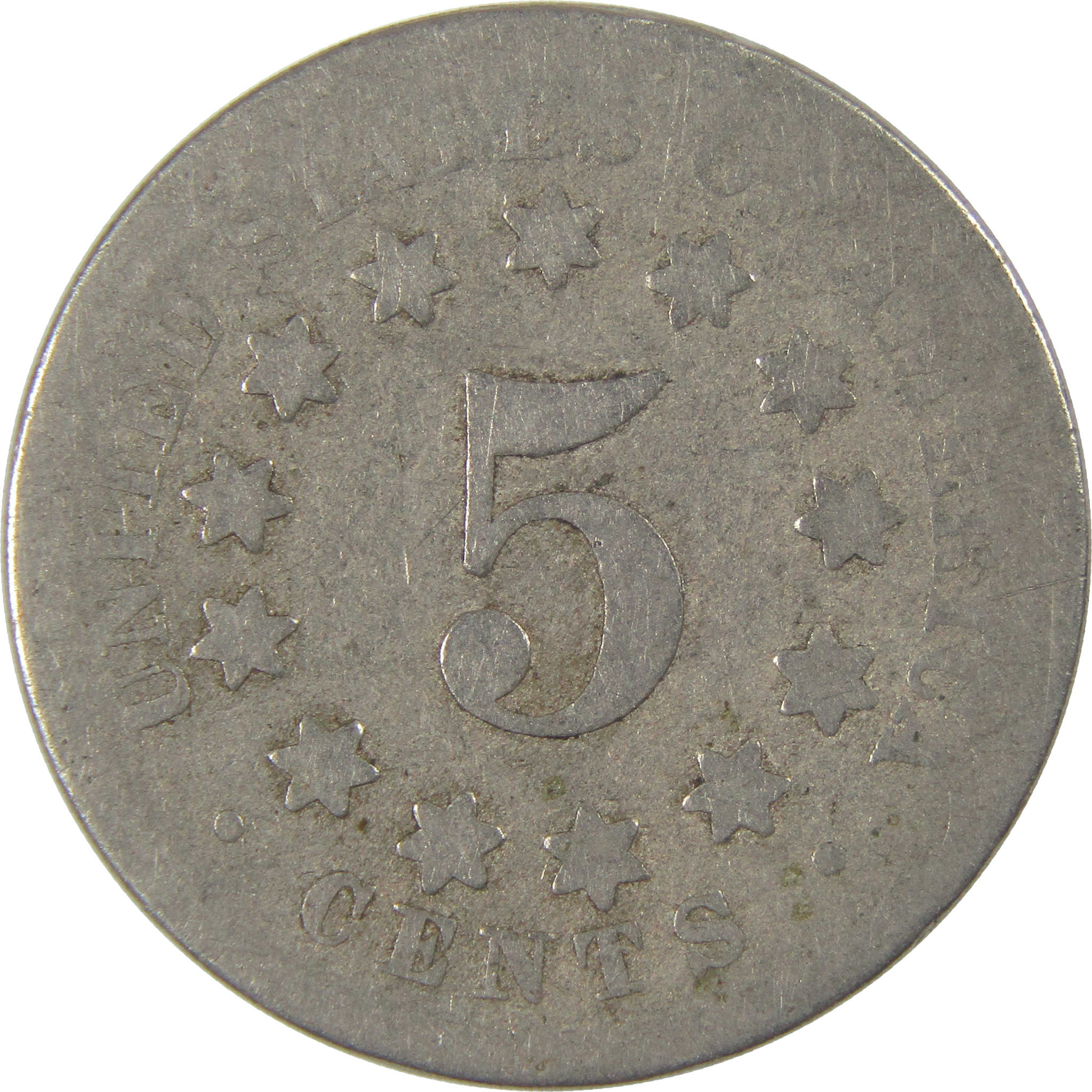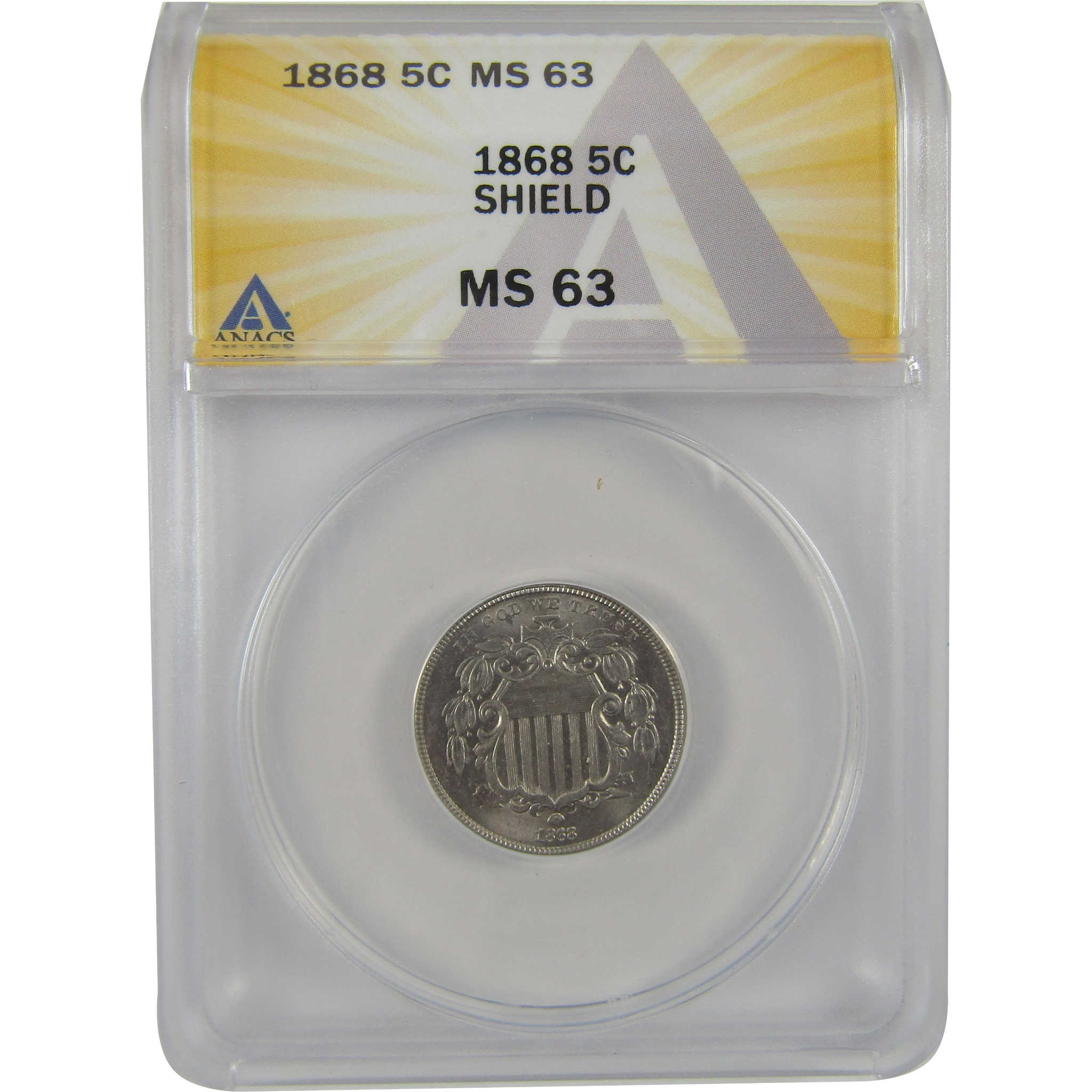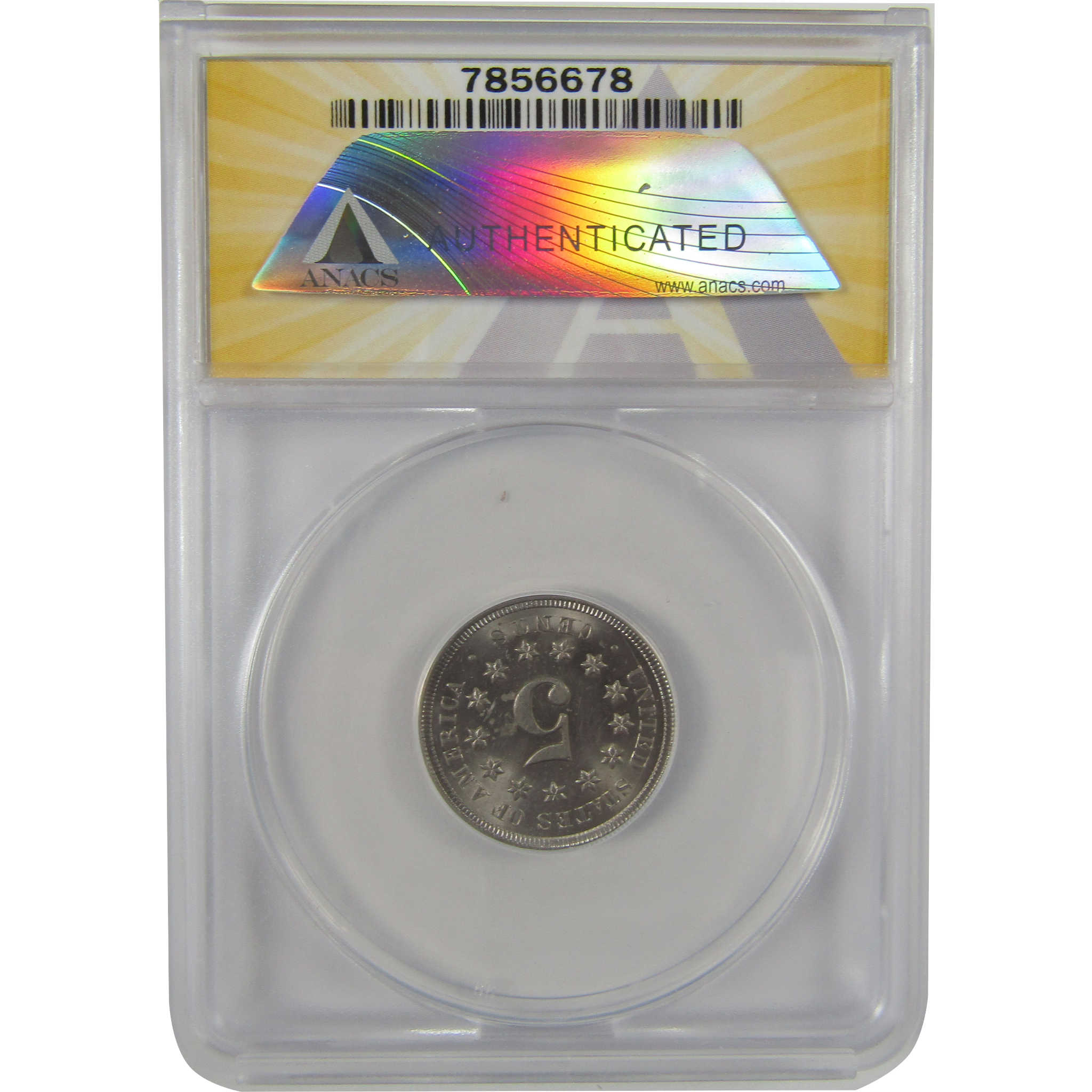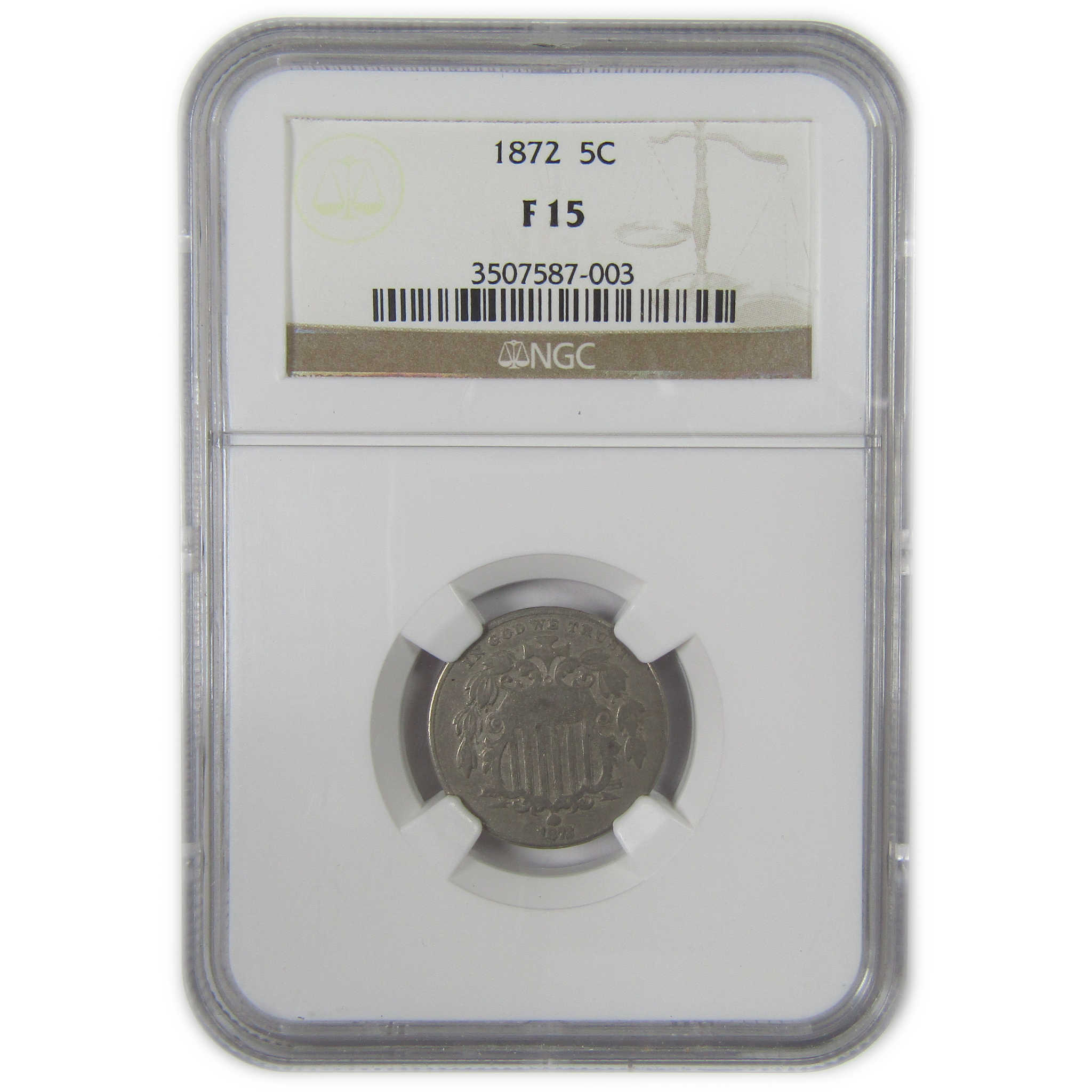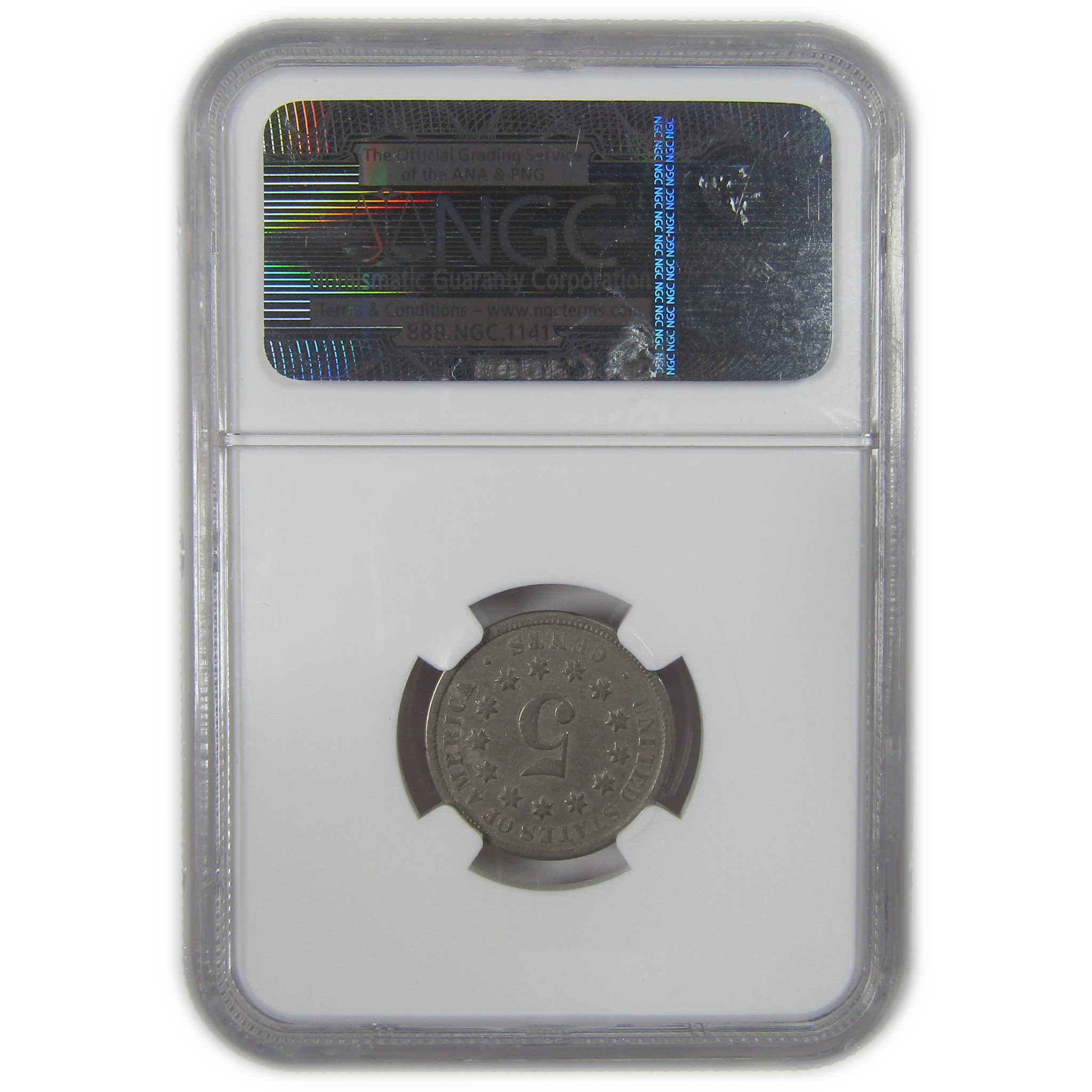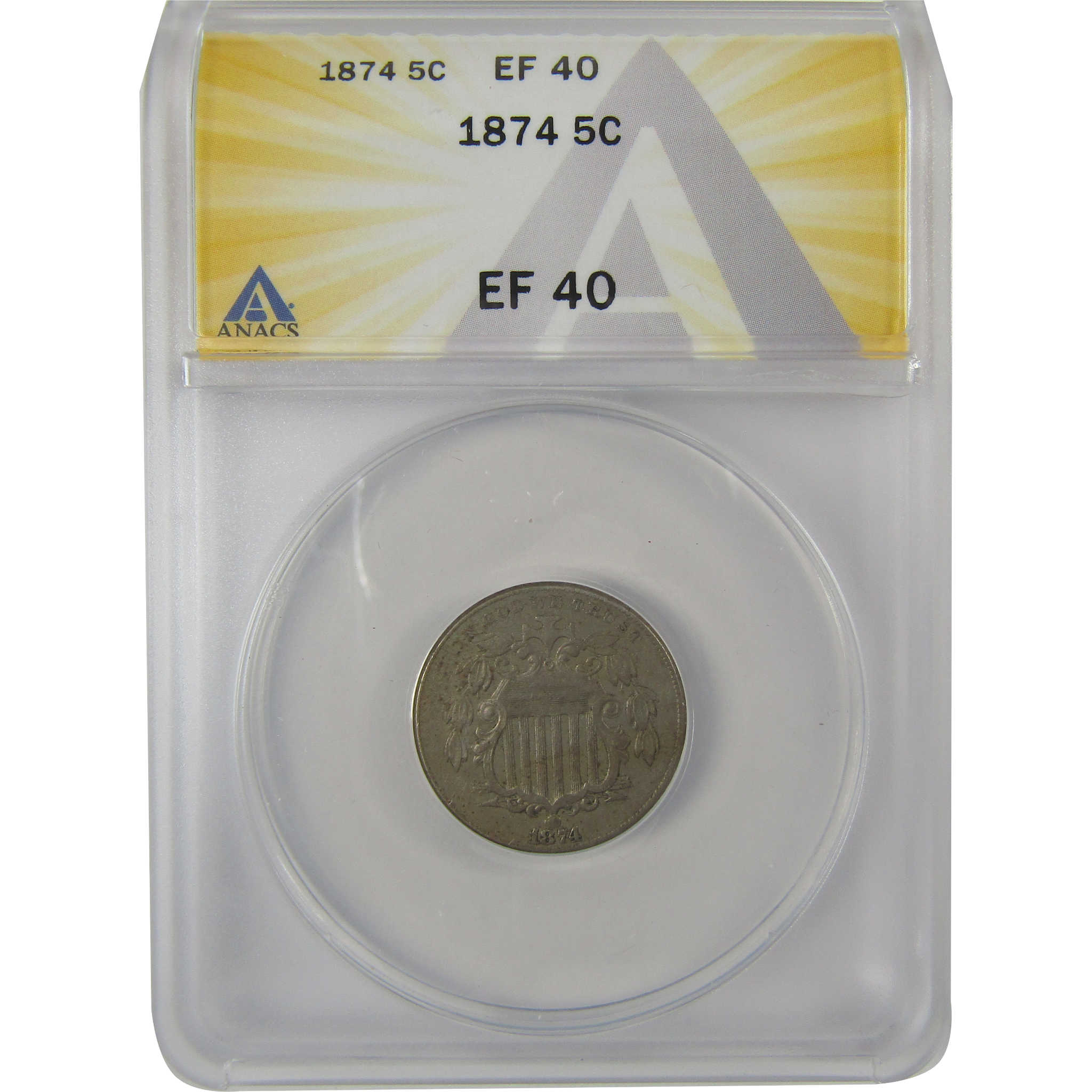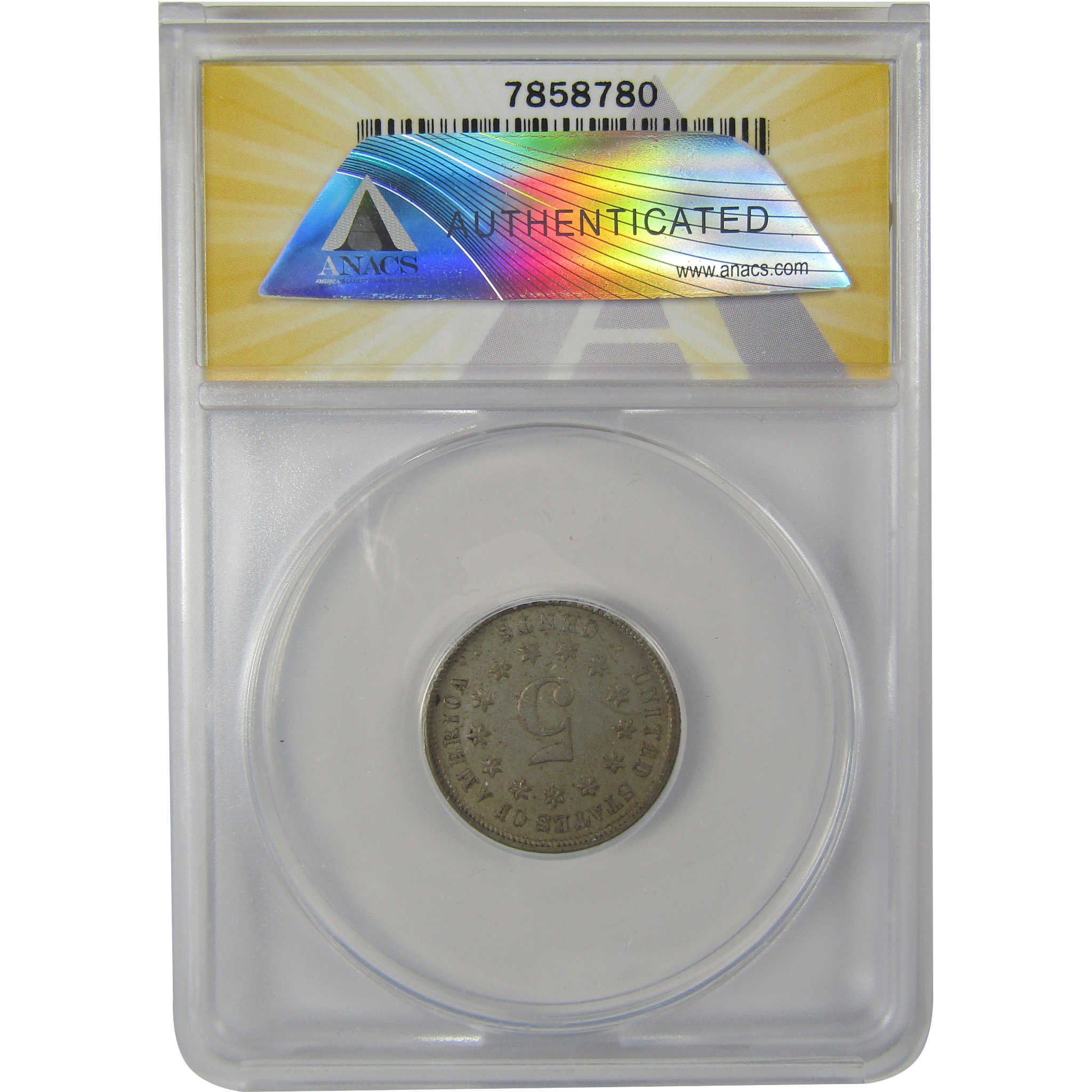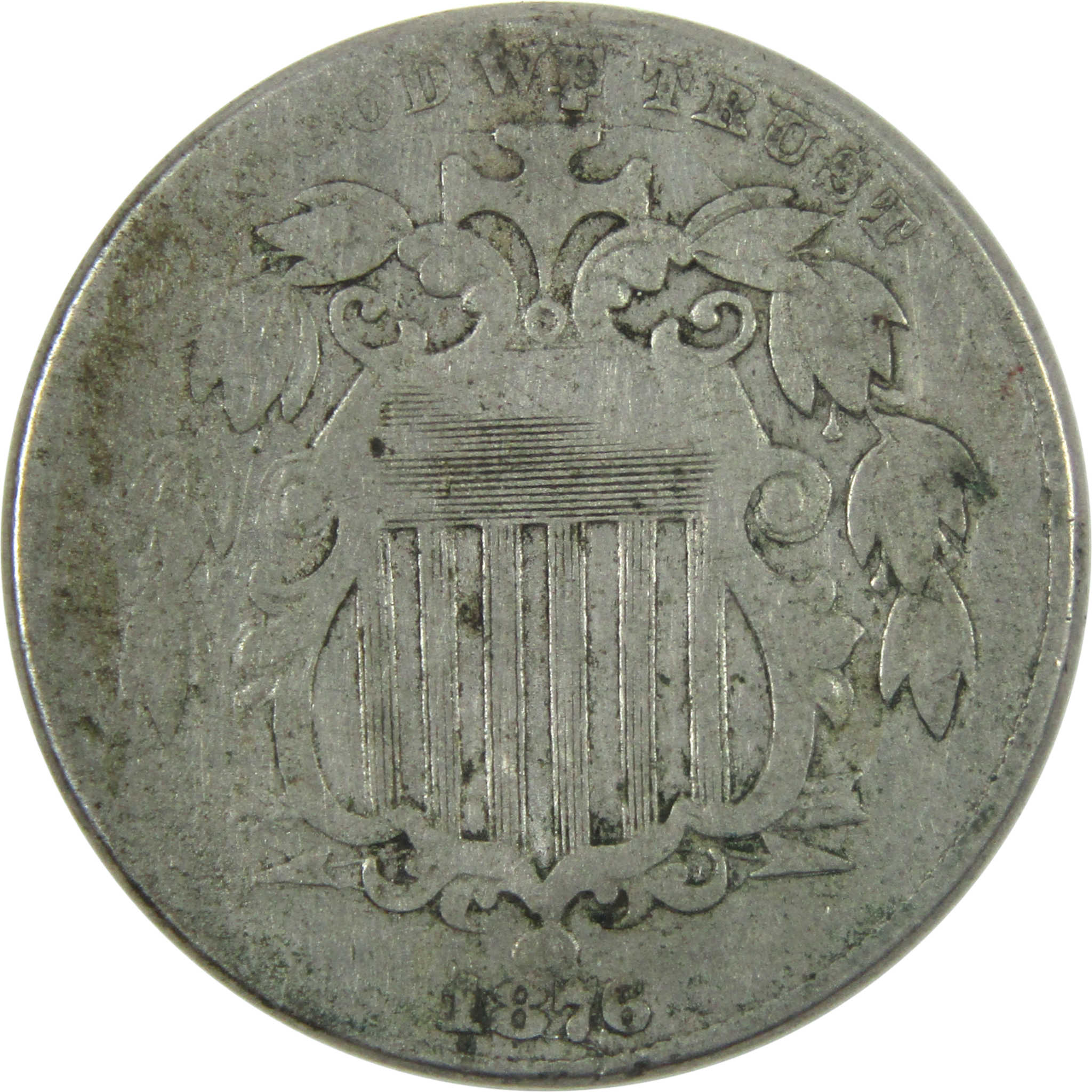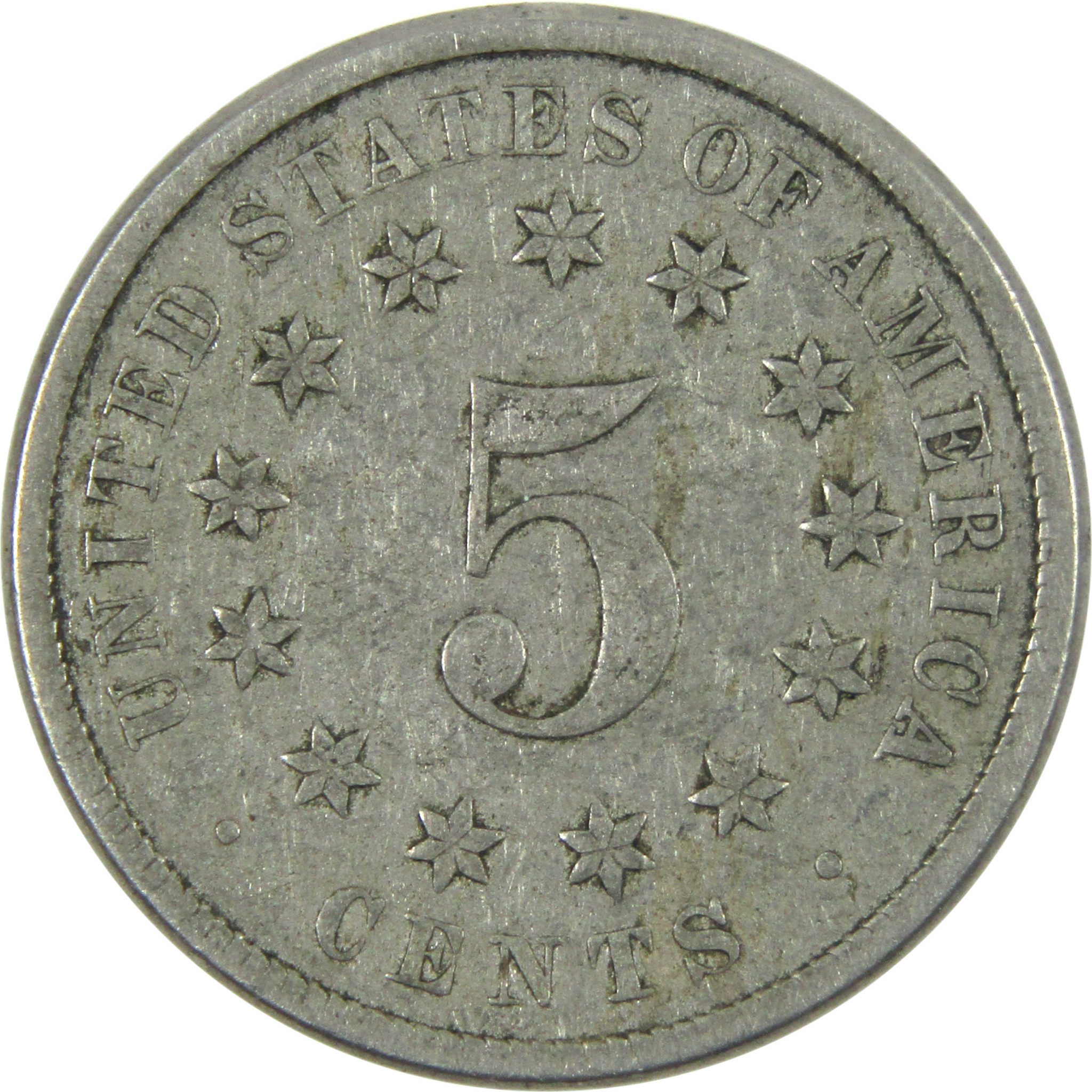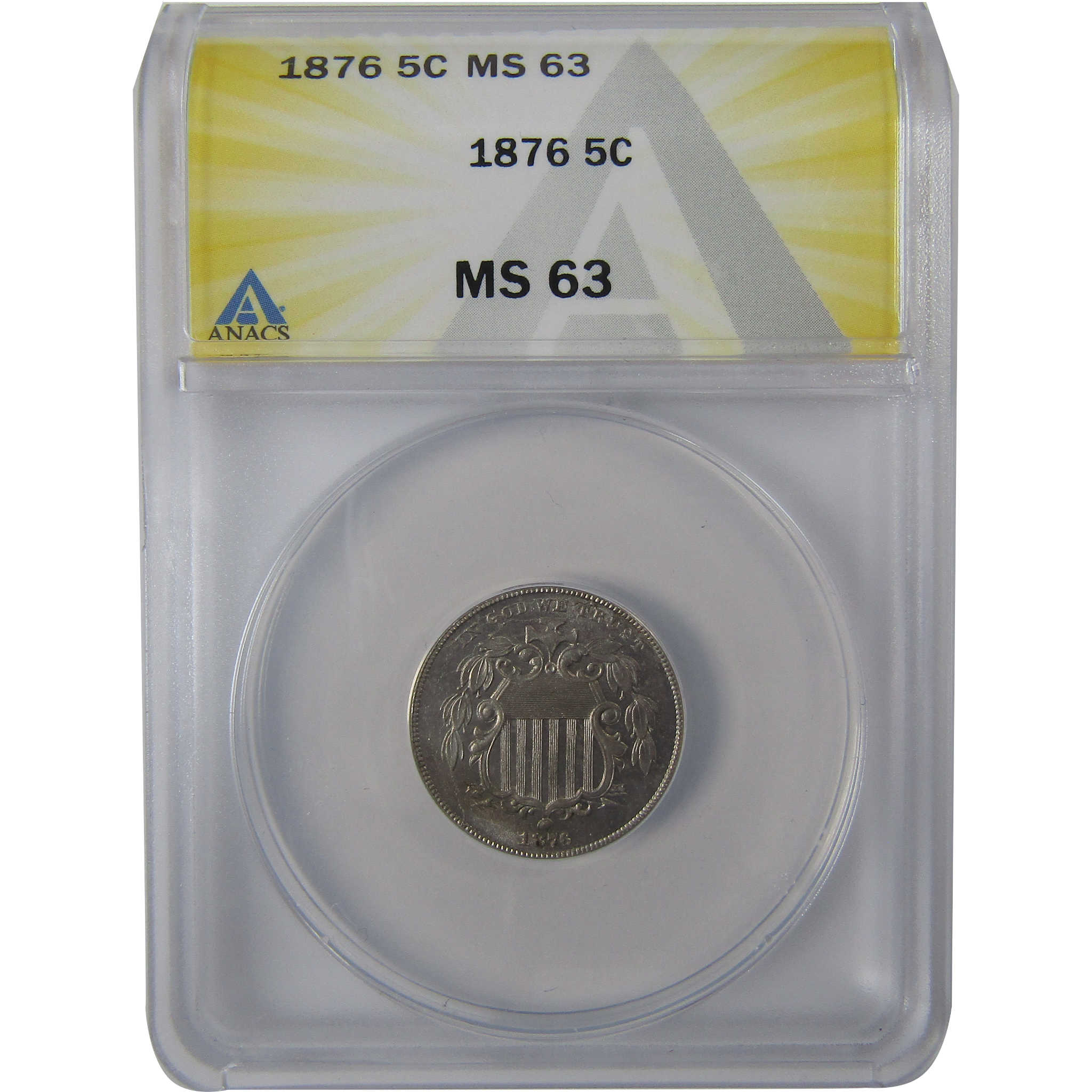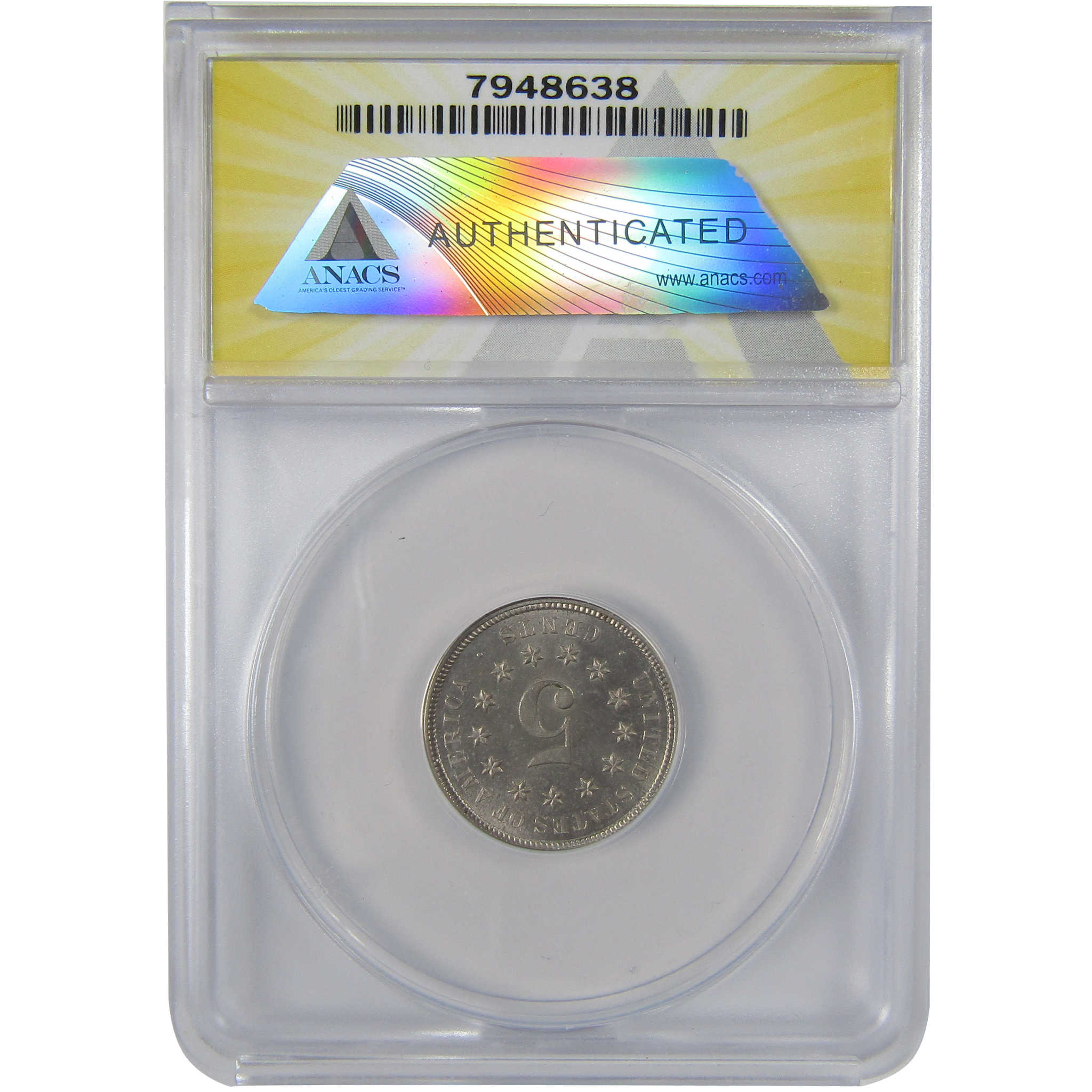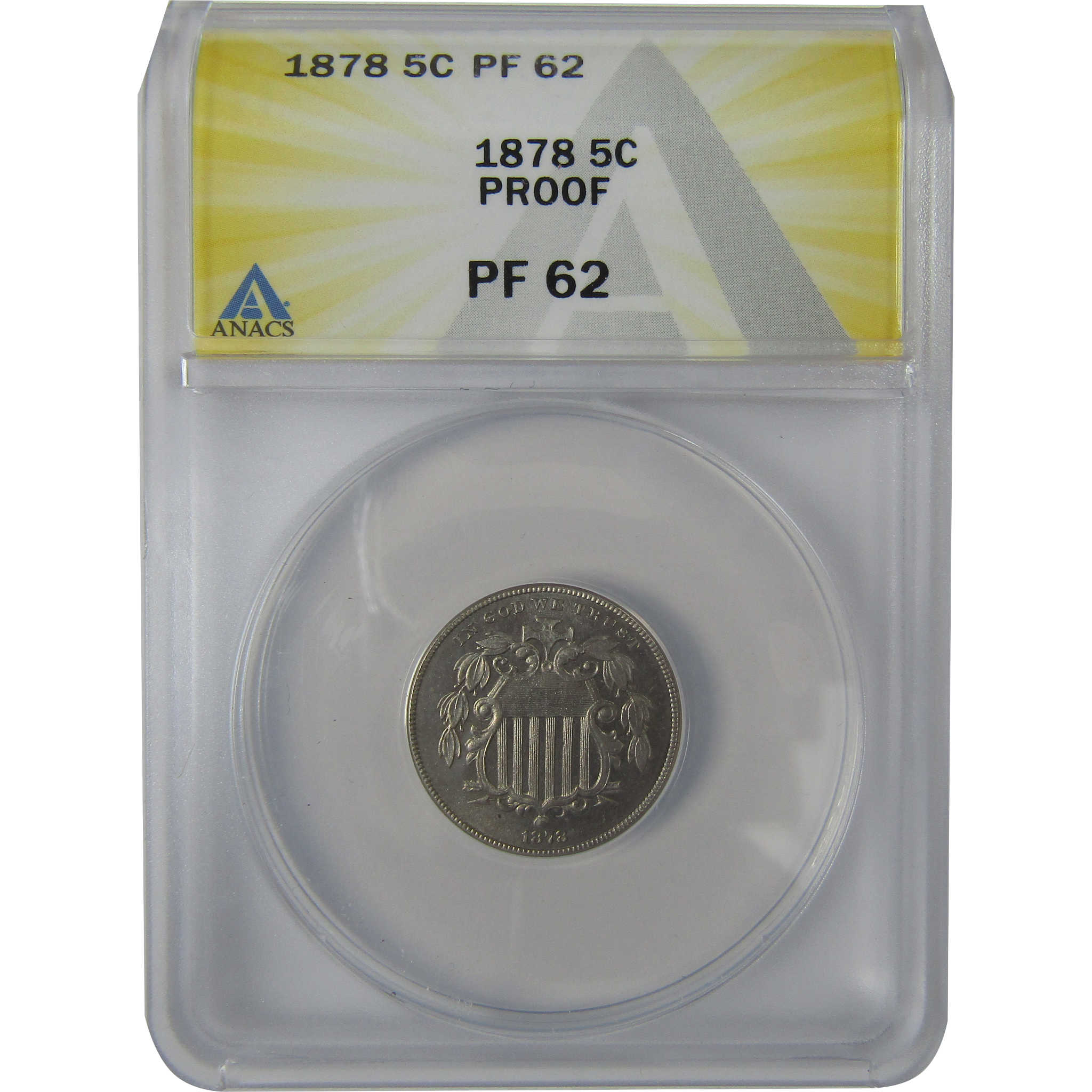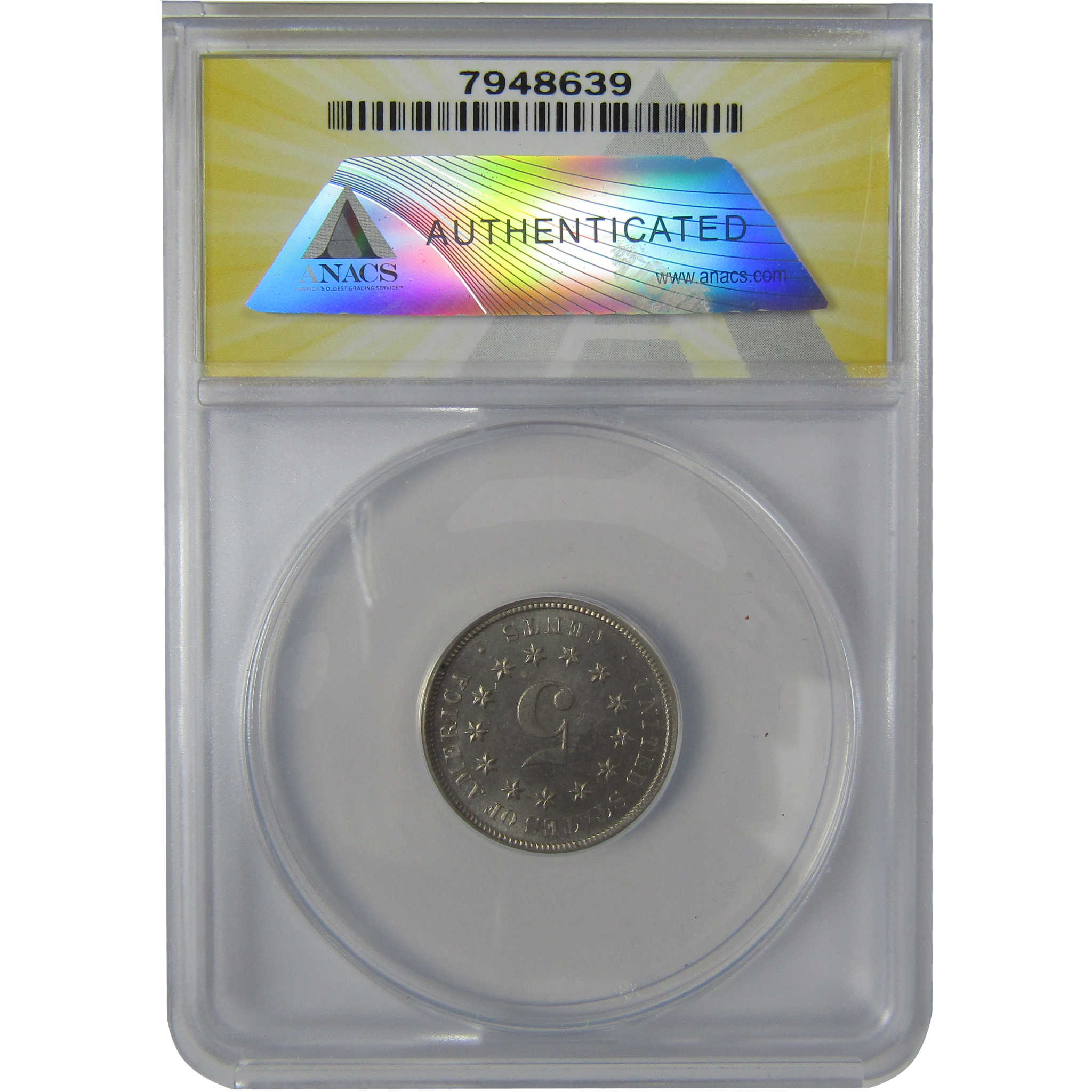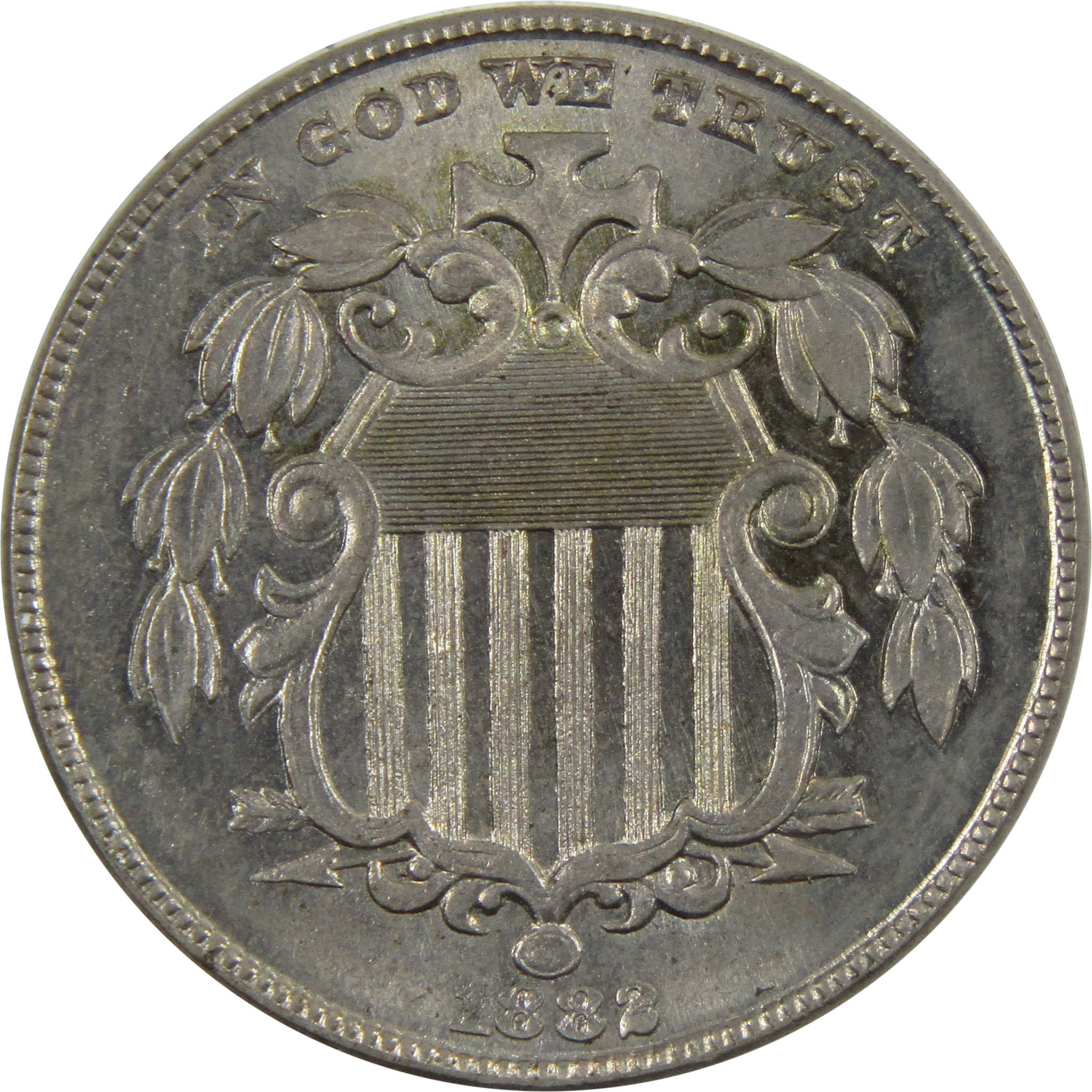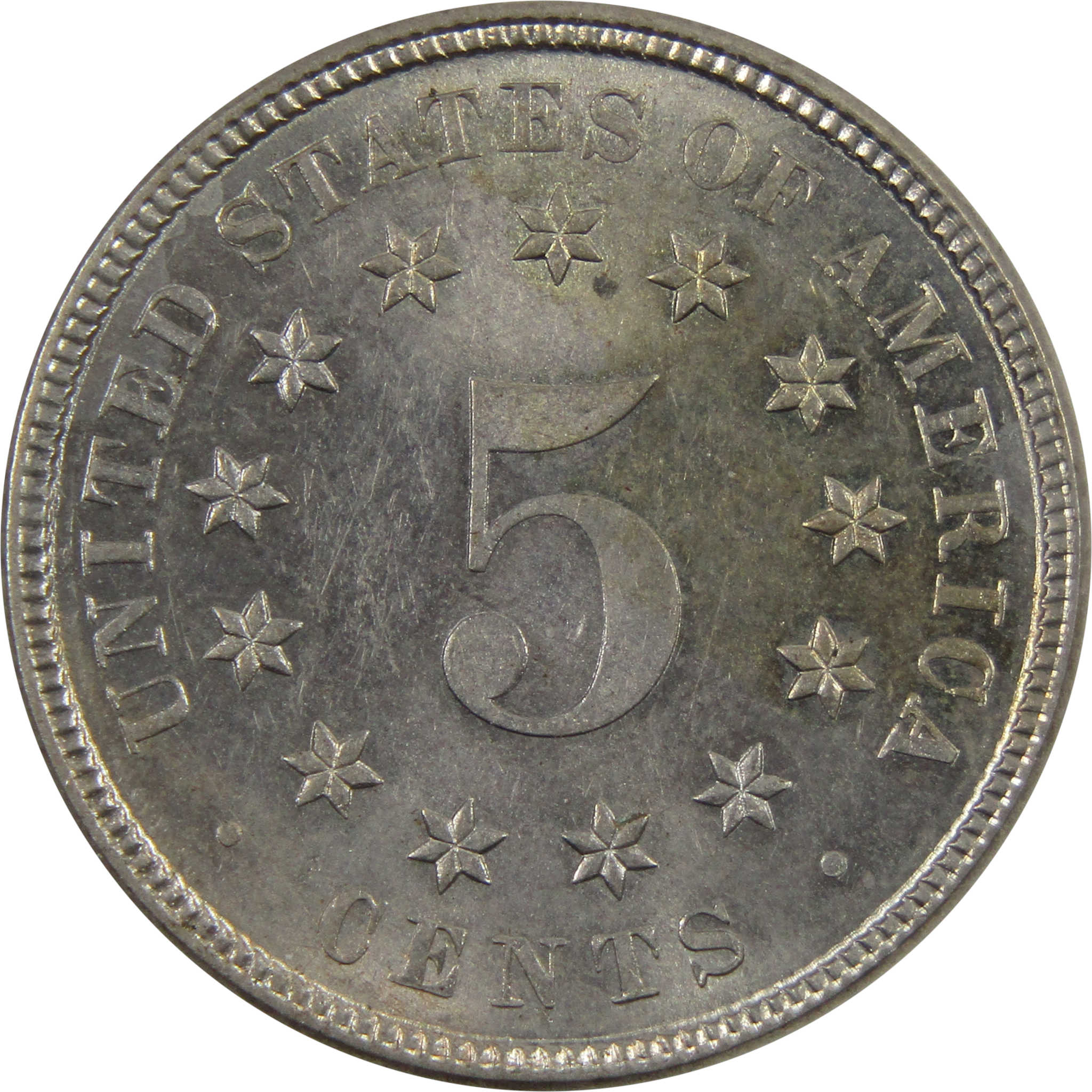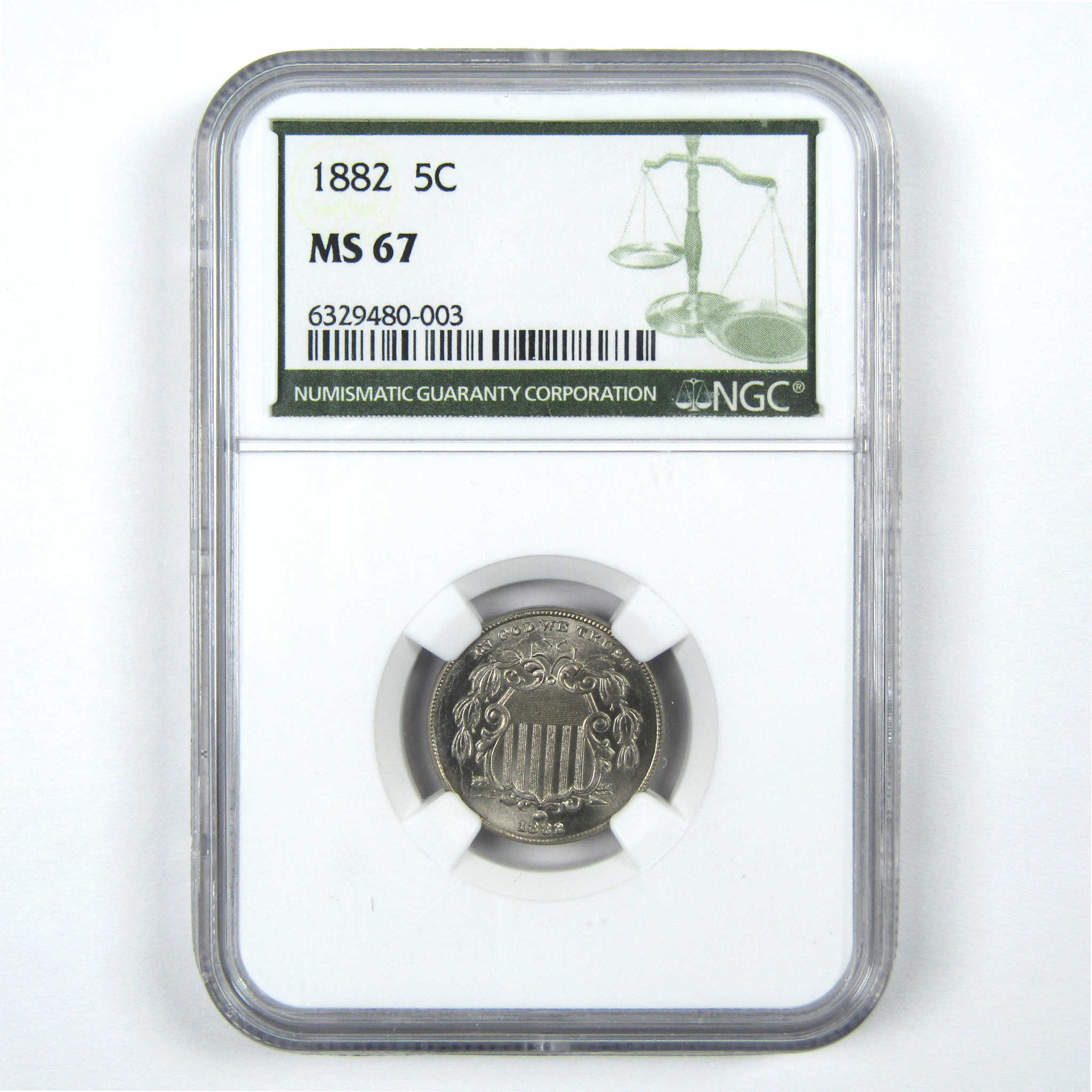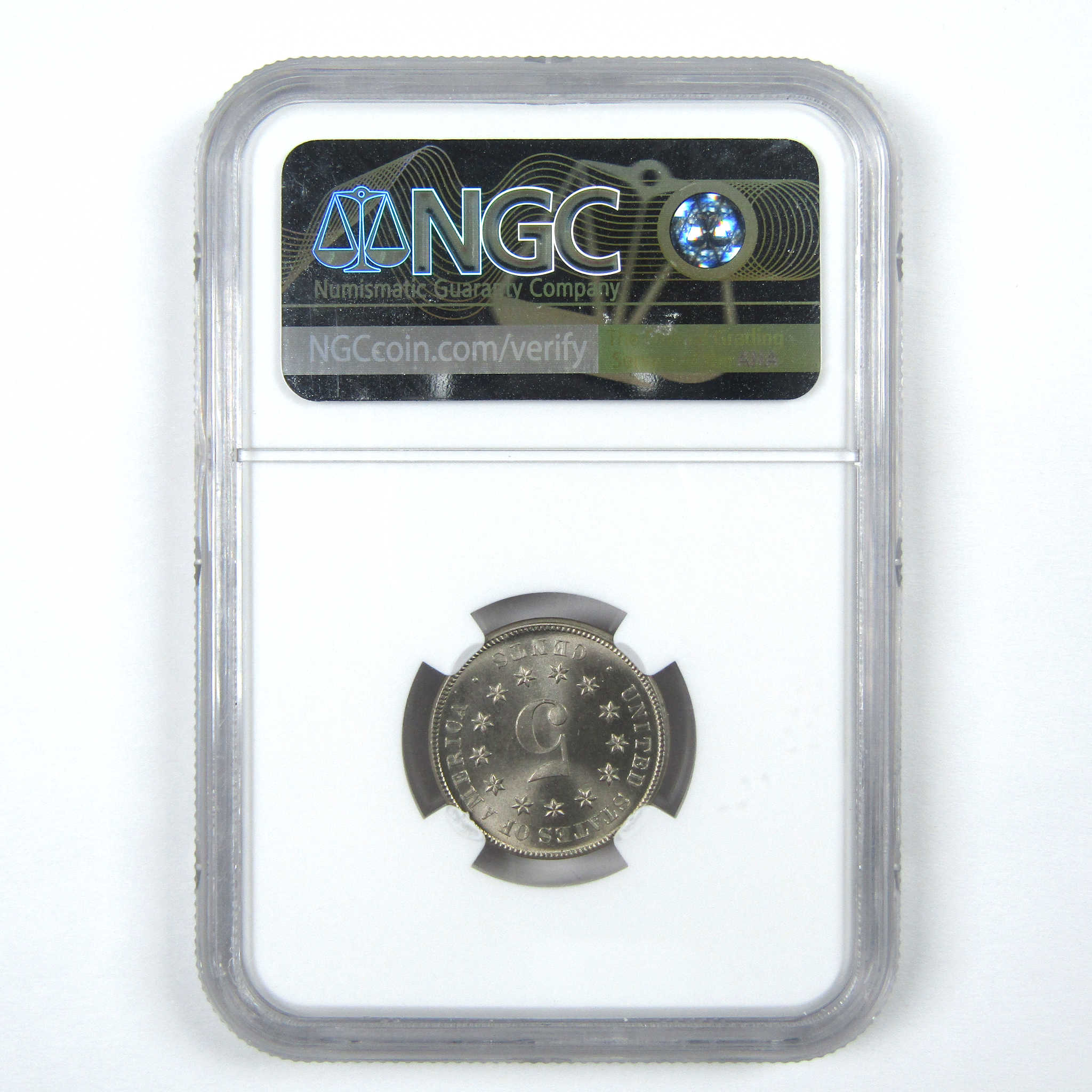Background and Motivation
In the mid-19th century, the U.S. Mint faced challenges with the coinage of the silver half dime due to rising silver prices. Mint officials sought an alternative to alleviate this issue and proposed the creation of a new copper-nickel five-cent coin.
Design and Symbolism
The Shield Nickel, designed by Chief Engraver James B. Longacre, featured an innovative design on the obverse (front) side. It displayed a large central shield, giving the coin its name. The shield was surrounded by rays and stars, and the motto "In God We Trust" appeared prominently. The reverse (back) side featured a large numeral "5" surrounded by stars. Today, it remains one of only three prominent U.S. coins with a shield featured on it.
Introduction and Controversy
The coin was introduced in 1866. However, the design faced criticism due to its intricate details, which made the coins challenging to produce. The initial design included rays between the stars on the obverse, but these were eliminated in 1867 due to striking difficulties. Other modifications were made over time as well, like changes to the size of the numerals.
Nickel Composition
The coin was the first U.S. five-cent coin to be made of a copper-nickel alloy. This composition, consisting of 75% copper and 25% nickel, gave it a distinctive appearance and helped distinguish it from silver coins.
End of Production
The Shield Nickel continued to be minted until 1883. In that year, the Liberty Head Nickel, featuring a design with the profile of Liberty, replaced it. The decision to discontinue the Shield Nickel was influenced by ongoing production challenges and the desire for a new, more straightforward design.
While the series had a relatively short mintage period, it played a significant role in the history of U.S. coinage as the first nickel five-cent coin and set the stage for the transition to subsequent designs.

